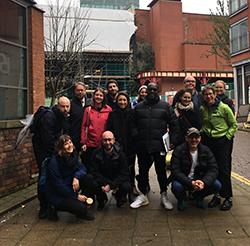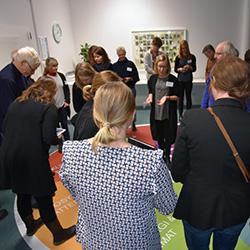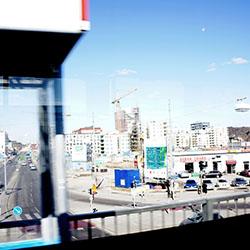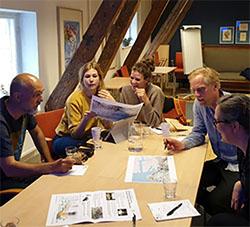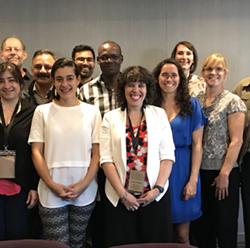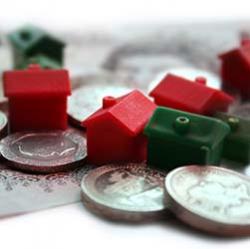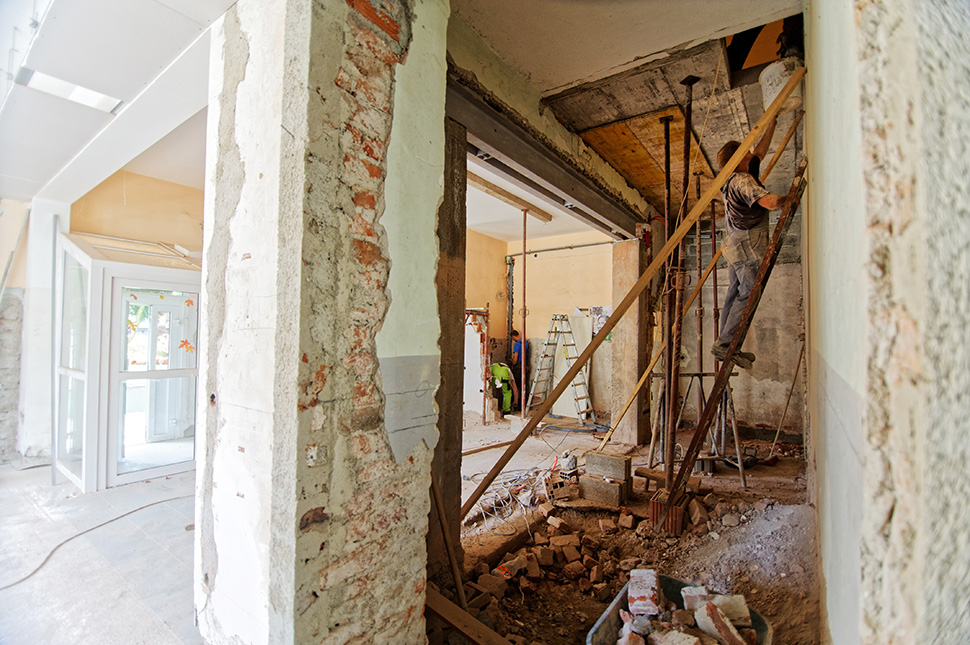
Innovation and sustainability in the real estate industry: Processes of housing renovation
The Swedish housing stock represents a considerable share of the country’s capital stock, and more than a third of the dwellings in Sweden are rental apartments. At the same time, a large share of the existing stock of rental housing is reaching an age at which considerable renovation is needed. The implementation of these renovations will have a long-term economic, environmental, and societal impact in the affected housing markets, and it is of vital interest for tenants, housing companies, and society at large that these renovation processes are carried out efficiently and in a way that contribute to a sustainable urban development. The overarching purpose of this project is to contribute to such practice, with a special focus on the tenant-landlord relation. The tenant perspective includes both direct effect for tenants before, during and after the renovations, as well as effects for neighbourhood development. The landlord perspective focuses on organizational learning and innovations in terms of tenant relations.
Research questions
- Which shared goals and goal conflicts can be identified in the selected renovation cases?
- How can goals be related to over-arching sustainability goals, from global to local level?
- What are the firm strategies for addressing shared goals and goal conflicts?
- Can innovative practises and knowledge generation be identified?
- To what extent is knowledge and innovation transferred within and between firms?
Expected results
The project will result in both academic articles and, together with the collaborating firms and organizations, the development of teaching material to be used in courses in real estate management at Malmo University.
An additional goal of the project, in addition to contributing to more knowledge on the renovation processes, is to develop means of collaboration between academia and the real estate business.
